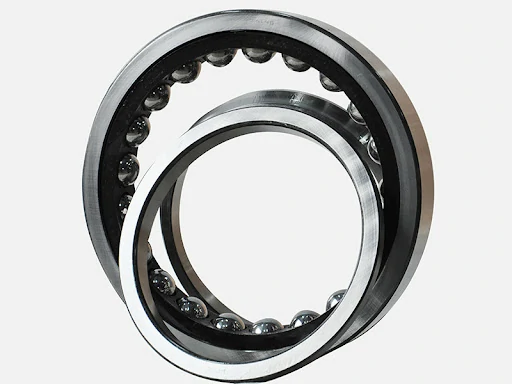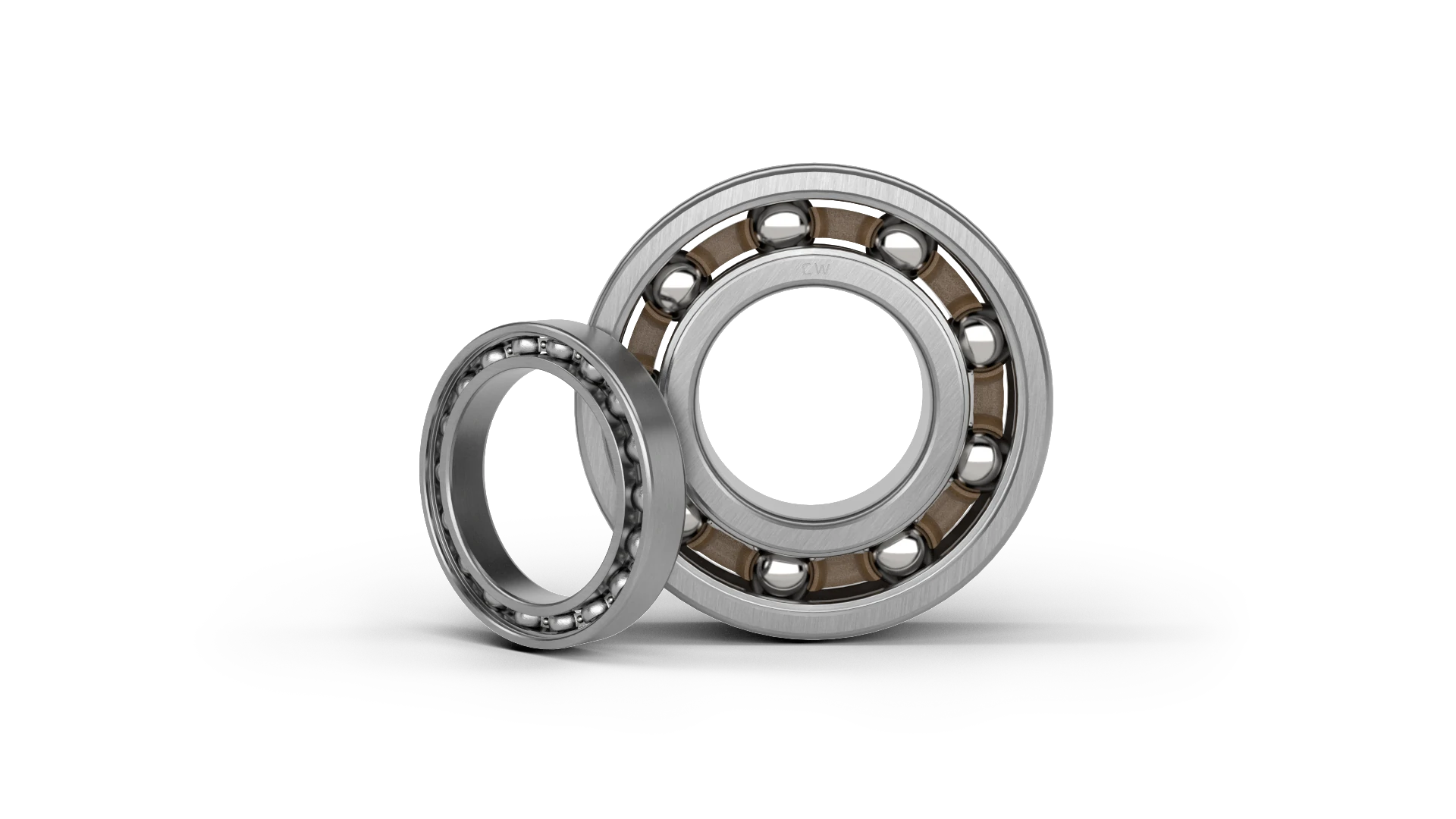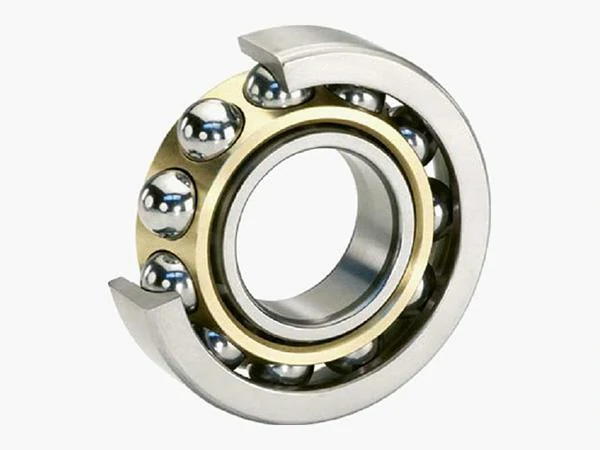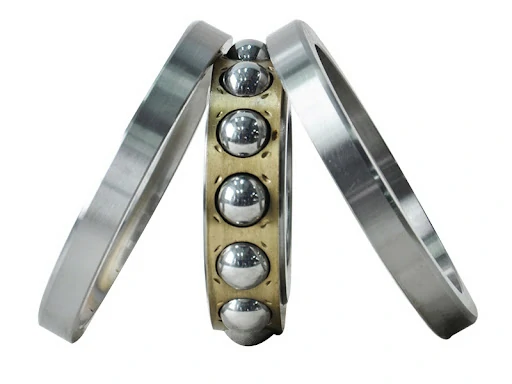Шариковые подшипники с четырехточечным контактом
Приложения:
Machine tool spindle (high-speed precision machining).
Industrial robots (joint parts).
Aerospace (gearbox, transmission system).
Automotive steering system (electric power steering).
Compressor/pump (high axial load occasions).
Advantages and features:
Bidirectional load: a single bearing can withstand bidirectional axial forces, simplifying the design.
High rigidity: four-point contact structure enhances load distribution and reduces deformation.
High-speed performance: optimized raceway design, suitable for high-speed rotation.
Compact design: replace double-row bearings to save space.
High precision: suitable for equipment with strict requirements on rotation accuracy.
Suitable for occasions requiring high load capacity, high rigidity and compact layout.
Technical analysis of four-point angular contact ball bearings
Product Overview
Four-point angular contact ball bearings adopt a unique four-point contact design. By optimizing the raceway geometry, the single-row steel ball forms four contact points with the inner and outer rings. This innovative structure enables it to have bidirectional axial load capacity and can withstand significant radial loads, and performs well in high-performance applications with limited space.
Core features
Multi-directional load-bearing advantage
Synchronously bear bidirectional axial and radial forces
Axial load capacity is increased by more than 35% compared with standard angular contact bearings
Space optimization design
Single-row structure realizes double-row bearing function
Cross-section height is reduced by 20%, suitable for compact equipment
Precision motion control
Contact angle is optimized to 35° to achieve low vibration operation
Rotation accuracy can reach P4 level (ABEC7)
High performance
Limiting speed is 15-20% higher than ordinary bearings
Special cage design reduces friction temperature rise
Распространенные бренды
SKF four-point angular contact ball bearings
NSK four-point angular contact ball bearings
NTN four-point angular contact ball bearings
FAG four-point angular contact ball bearings
KOYO four-point angular contact ball bearings
INA four-point angular contact ball bearings
TIMKEN four-point angular contact ball bearings
NACHI four-point angular contact ball bearings
Typical technical parameters
Typical application scenarios
Precision transmission system
CNC machine tool electric spindle adopts ceramic hybrid four-point contact bearing to achieve 20,000rpm ultra-high-speed cutting
New energy equipment
Photovoltaic tracking system is equipped with sealed four-point contact bearings, which can withstand temperature changes from -30℃ to 80℃
Intelligent logistics equipment
Automated sorting line turntable bearings integrate four-point contact design to achieve a high cycle life of 2 million times/year
Special vehicles
Military off-road vehicle wheel hub units adopt reinforced four-point contact bearings, and the impact load capacity is increased by 50%
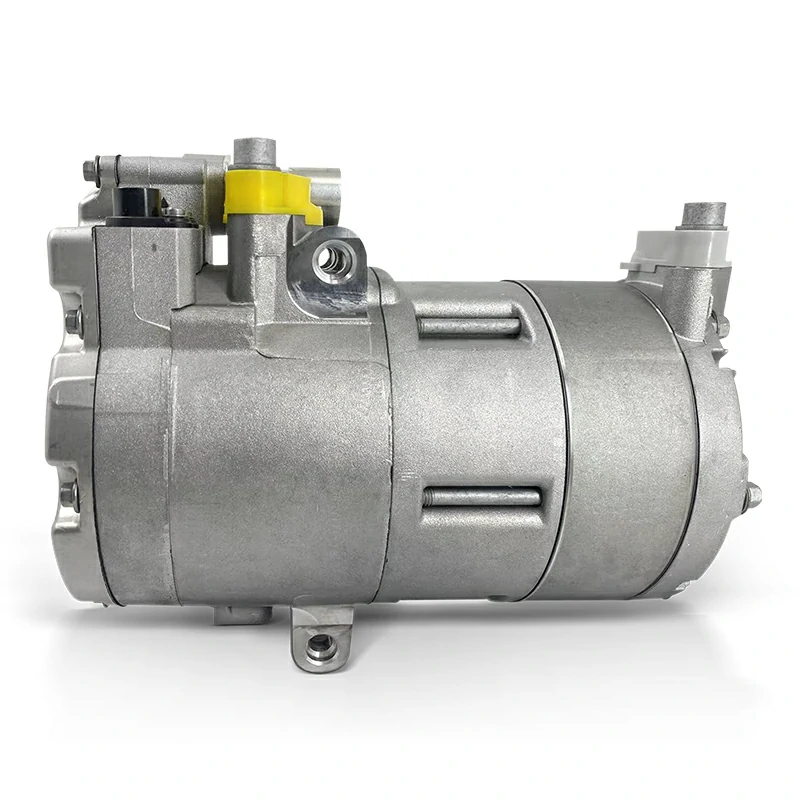
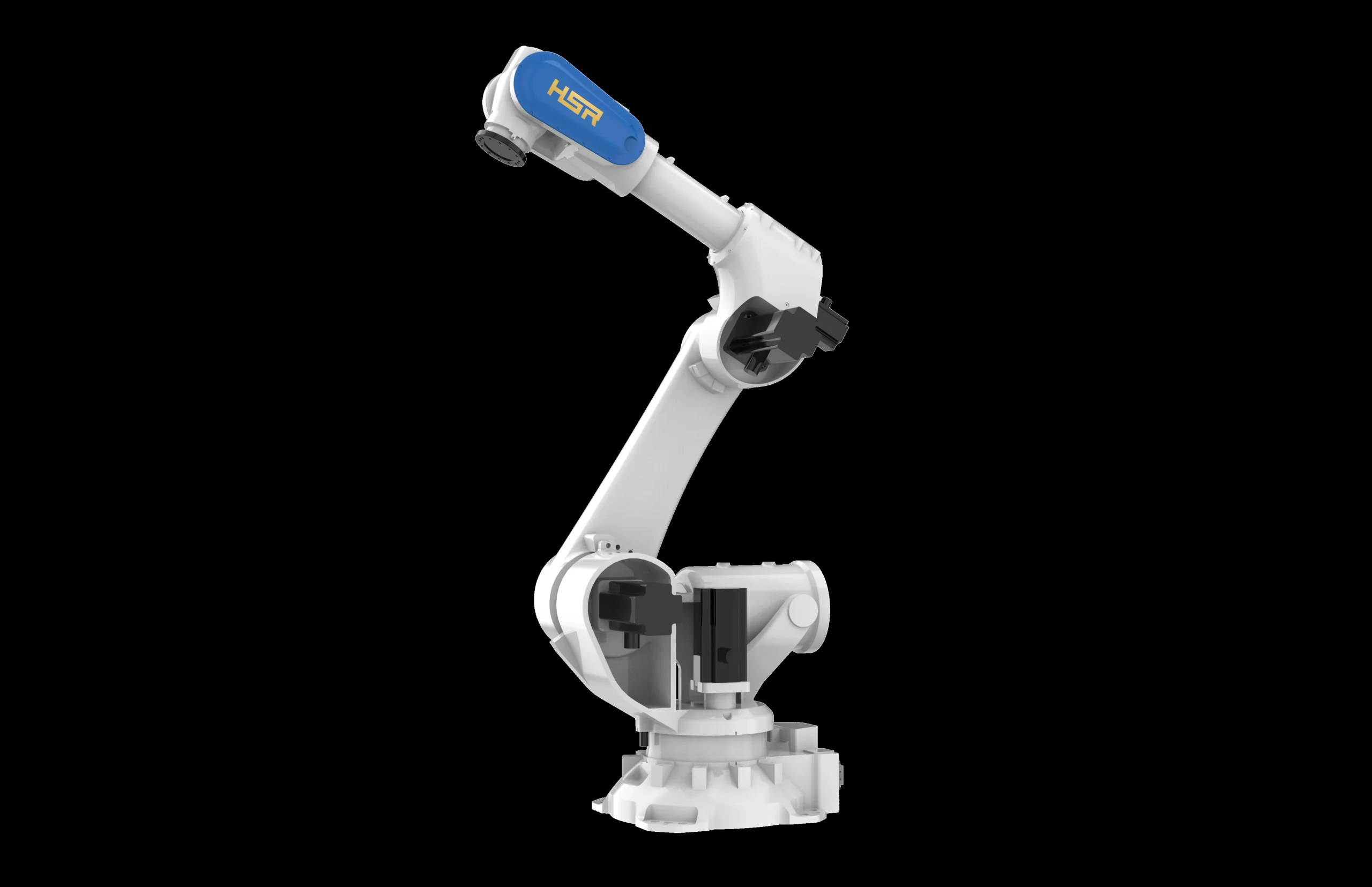
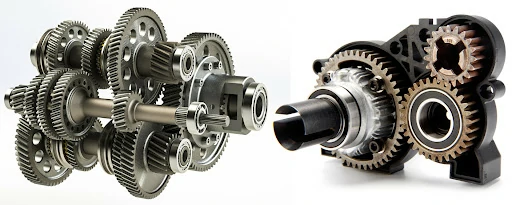
Technical questions and answers
Q1 What are the advantages compared with cross roller bearings?
Four-point contact ball bearings have a 40% lower friction coefficient, which is more suitable for high-speed scenarios and has lower maintenance costs.
Q2 Extreme operating temperature range?
Standard type: -30℃~120℃
High temperature type (special heat treatment): -50℃~150℃
Q3 Preload adjustment suggestions?
The axial clearance is controlled at 0.02-0.05mm, and interference fit will significantly affect the bearing life
Q4 Failure warning indicator?
When the vibration value is greater than 4.5mm/s or the temperature rise is greater than 15℃, the machine should be stopped for inspection immediately
Technical summary
The four-point angular contact ball bearing perfectly solves the problem of coordinated bearing of bidirectional axial load and radial load through an innovative four-point contact mechanical model. With the development of material surface treatment technology (such as DLC coating) and intelligent lubrication system, its application in cutting-edge fields such as aerospace and precision medical equipment continues to expand, becoming the core component of modern precision transmission systems.

